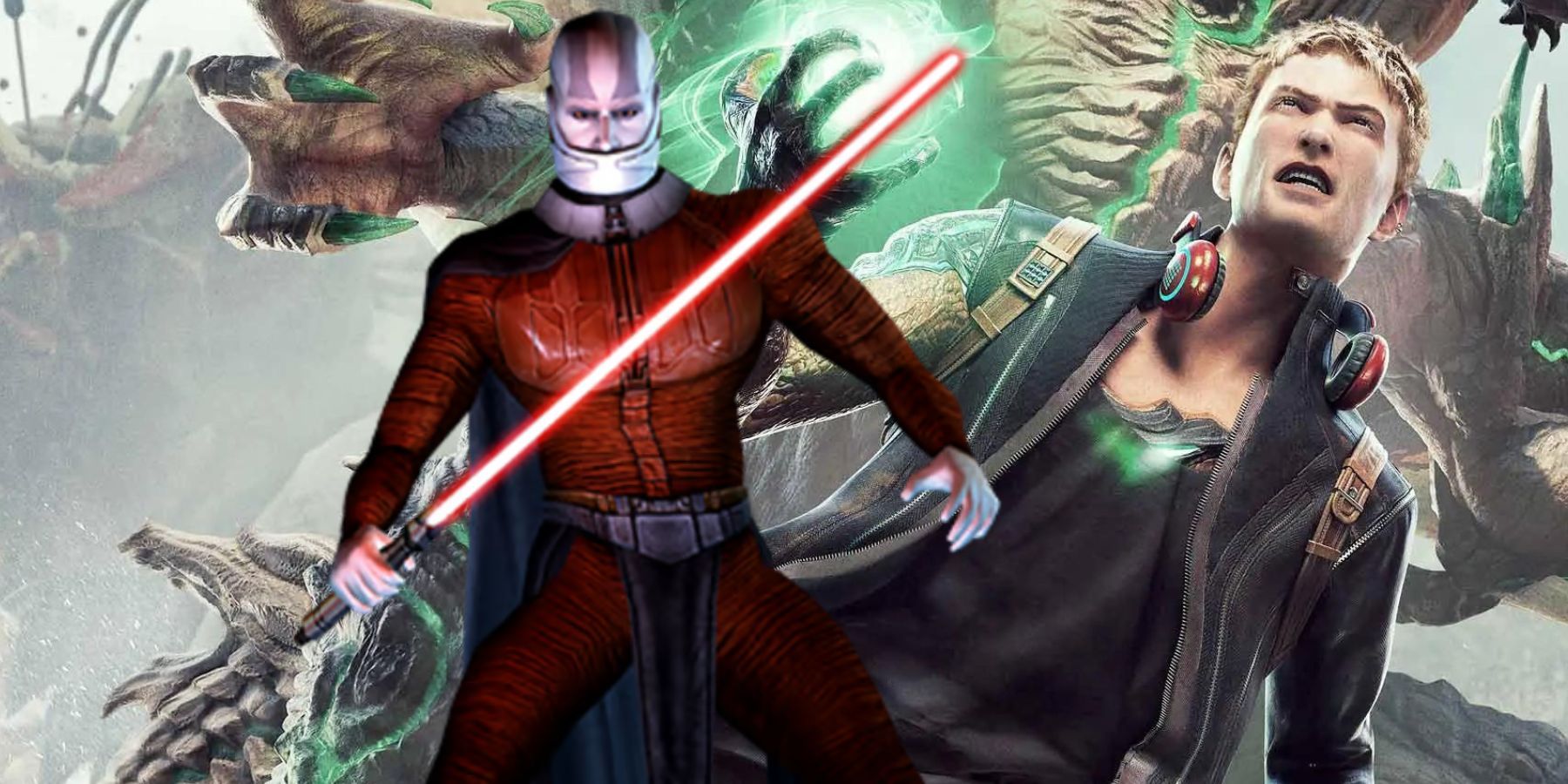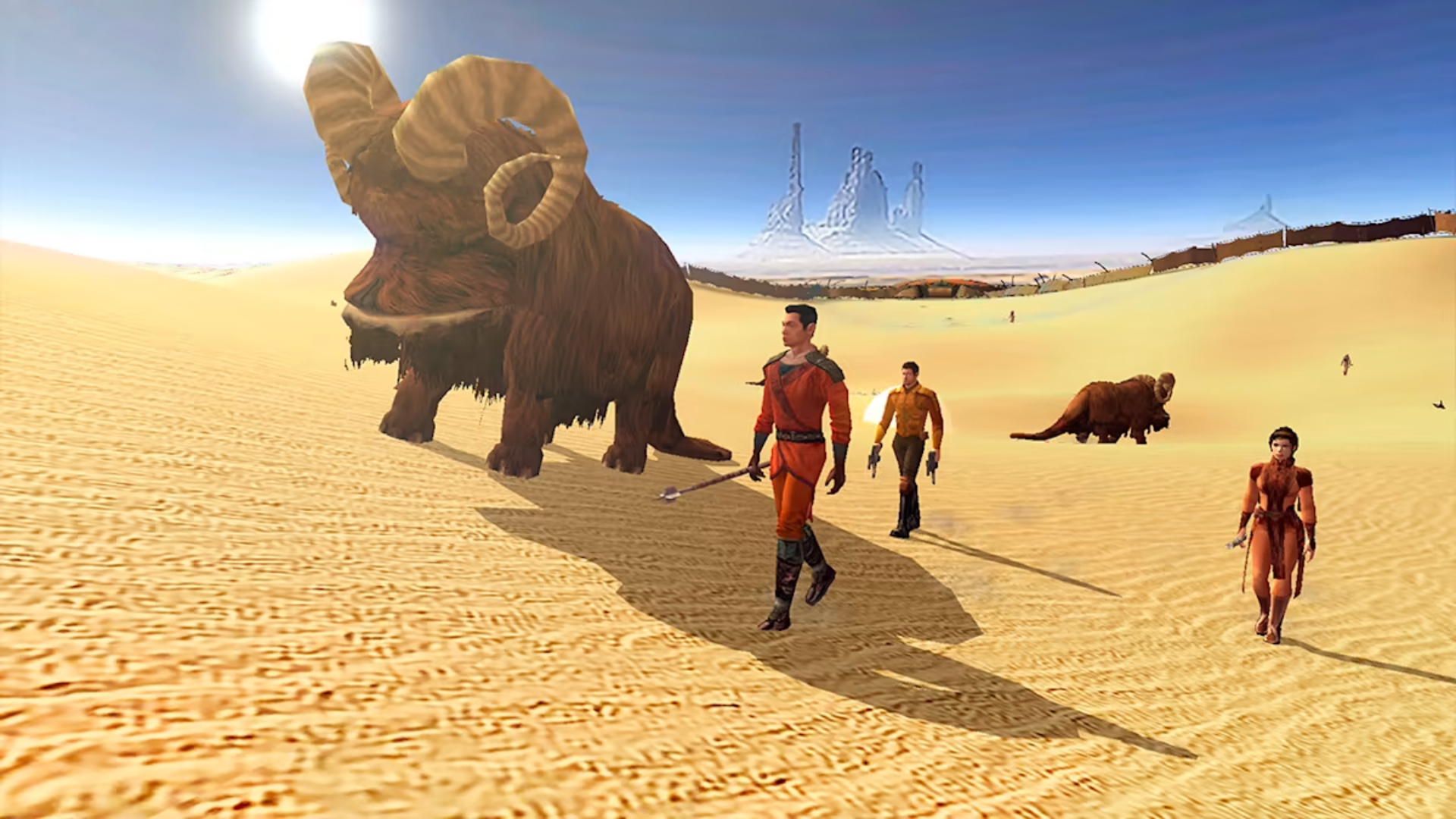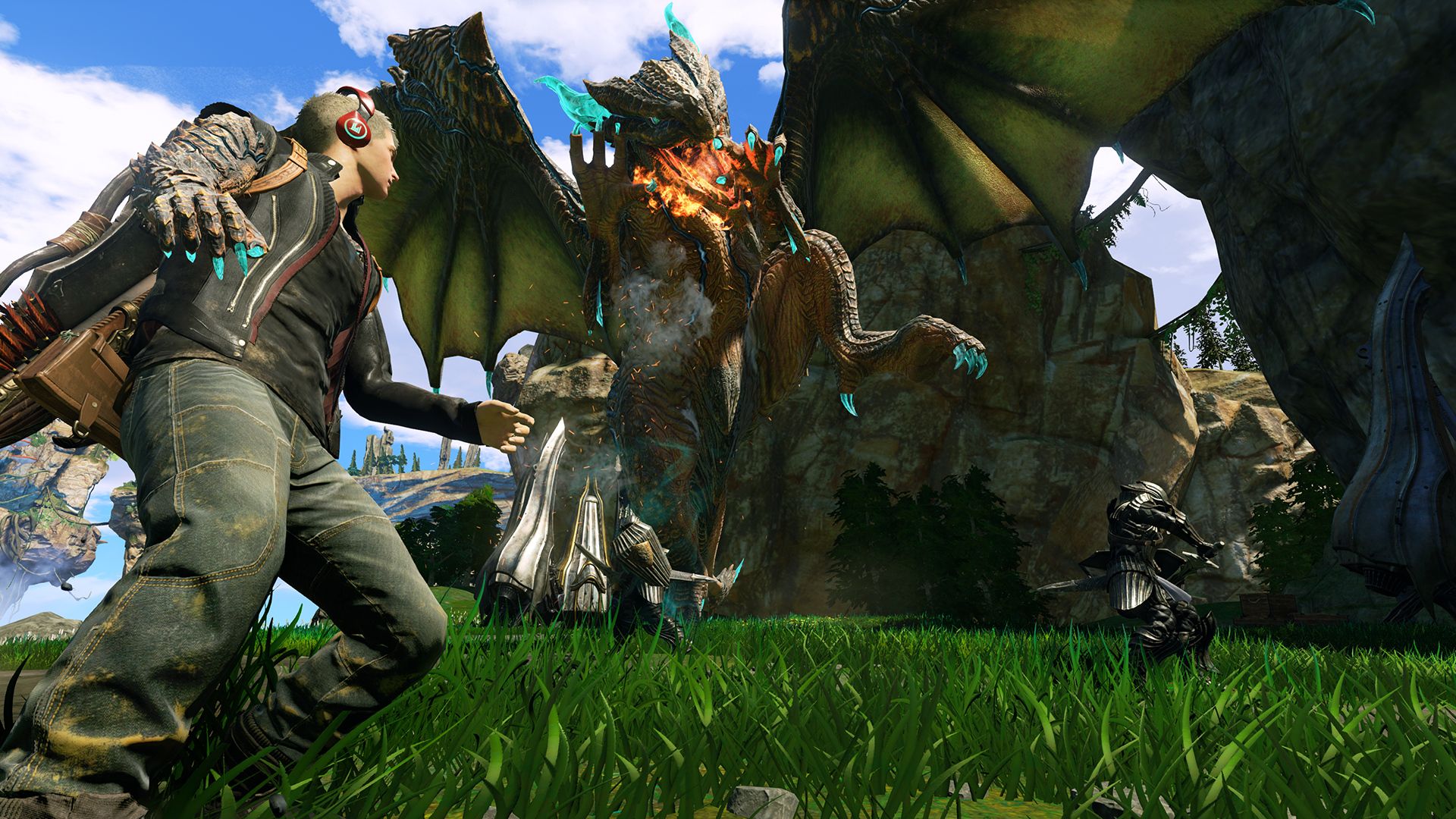Fans have long awaited a remake of Star Wars: Knights of the Old Republic, the classic RPG from BioWare that redefined the genre 20 years ago. While still a legendary narrative experience, KOTOR visually shows its age and would greatly benefit from the modern update treatment many games have been receiving. The story of a major company announcing an ambitious, system-selling title only for nothing to pan out is unfortunately nothing new, evoking past vaporware disappointments like Xbox’s Scalebound.
Back in September 2021, a dream once thought impossible seemed to come true for fans when the KOTOR remake was announced. After years of only seeing this side of Star Wars in The Old Republic MMO, and even a fan remake project for KOTOR being shut down by Lucasfilm, it seemed like the classic BioWare RPG was never going to be revisited. The release date was set to be by the end of 2022, but the KOTOR remake’s fate is now unknown after a series of developmental hurdles.
The KOTOR Remake Looks to Be in Development Hell
KOTOR’s murky variety of a future isn’t uncommon for The Old Republic media, or the game industry in general. Unveiled at E3 2014 with gameplay showcased at Gamescom 2015, Scalebound was a Platinum Games title set to as an Xbox One exclusive in the heyday of the console.
With Platinum’s impressive track record in the third-person action genre, and the backing of a giant like Microsoft, the game seemed like an experimental and ambitious release on the horizon at the time. There was clearly an incredible amount of work poured into what was shown for Scalebound, causing a great wave of disappointment by the time it was officially canceled all the way in 2017.
With the KOTOR remake allegedly having been under development for years, it’s an unfortunate reality that projects on such a scale can end up not panning out. Scalebound similarly had great amounts of thought put into the game’s world and scenario, centered around a fresh blend of elements that people on the team seemed excited about. Titles facilitated by major companies like PlayStation or Xbox are likely under more scrutiny for their potential risks, and it’s not surprising from a business perspective that these corporations often make tough choices about what projects to focus on.
Focus on Vertical Slices May have Killed KOTOR and Scalebound
The news that the KOTOR remake had been indefinitely delayed came with the news that a vertical slice meant to be shown to executives had been the primary focus of development up until the decision. Vertical slice demos typically detract from the resources of the actual game in an effort to create a strong impression and create faith in the project.
KOTOR’s studio had a falling out after mixed feelings following the creation of their demo, leading to the current fate of the project. Considering the only known gameplay of the canceled Scalebound was its vertical slice from Gamescom, it would make sense that a similar set of disagreements between Platinum Games and Microsoft resulted from that ending up tanking the project.
While the KOTOR remake’s status has done nothing to reassure fans about its future, there’s at least an estimate that it could release in 2025 at the earliest. Canceled games like Scalebound show the endless potential that could have been, as their true impact on the gaming world will never be felt.
One thing is for sure though, the rights-holding Embracer Group is missing out on the massively dedicated and loyal following of Star Wars’ most groundbreaking spin-off. It will be a historic gaming moment if a remake of the ever-influential Star Wars: Knights of the Old Republic ever does see the light of the day, until then it joins the ranks of other games in development hell.
Star Wars: Knights of the Old Republic is in development for PC and PS5.



